
![]() New Jersey Republicans may be happy with Governor Christie’s job performance but not all of them are in agreement with his first choice for the Republican presidential nomination. many New Jersey Republicans are throwing their weight behind former Speaker of the House, Newt Gingrich. Myself included. While I made sure to give each of the presidential candidates a fair hearing and gave them an all opportunity to earn my vote, back in November I concluded that Newt earned my endorsement and made it public on POLITICS 24/7’s sister site, White House 2012.
New Jersey Republicans may be happy with Governor Christie’s job performance but not all of them are in agreement with his first choice for the Republican presidential nomination. many New Jersey Republicans are throwing their weight behind former Speaker of the House, Newt Gingrich. Myself included. While I made sure to give each of the presidential candidates a fair hearing and gave them an all opportunity to earn my vote, back in November I concluded that Newt earned my endorsement and made it public on POLITICS 24/7’s sister site, White House 2012.
Despite my support for Newt, I have been critical of him. When mistakes have been made, like Newt Gingrich himself, I see no shame in admitting them, especially if one learns from them and does not repeat them. And as this campaign progresses, I still believe that Newt Gingrich is the man best suited to do the job we need done in the years ahead. And so do many New Jerseyans. This realization has only been reinforced in the weeks since I endorsed him and until recently when I honored to be appointed the Regional Director of Central New Jersey for Newt 2012 .
The position is one that has afforded me the opportunity to get a true sense of how deep support for Newt runs. Hundreds of volunteers across New Jersey have declared that they too belive that newt Gingrich has a proven record and solid vision for the type of true conservative reforms that our nation needs. They understand that his he is the anti-establishment candidate and they are proud of it. Many conservatives like the fact that Newt has always been willing to take on the establishment because he realizes that it is the political establishment that is holding us back with behemoth sized bureaucracy and the crony capitalism of inside the Beltway political figures who allow bad personal politics to override positive public policy.
Yet today, some are again writing Newt Gingrich off. Once again, some are trying to claim that this is a two man race that does not include Newt Gingrich. Well those same people who were wrong before, are wrong again. Ask people like DeLinda Ridings, who served as a Regional Director for Newt Gingrich in South Carolina. After two back to back losses in Iowa and New Hampshire, people like DeLinda Ridings help to coordinate the effort and organize the support of Newt Gingrich supporters to pull off an astounding landslide victory that crossed every demographic.
That in and of itself is makes it worthwhile to remember that history does tend to repeat itself. And if the enthusiasm among Newt Gingrich supporters is any indication, the victory that South Carolinians pulled off for Newt in the Palmetto State can very easily be duplicated in the Garden State and others as well. That is especially the case given the fact that a few political lifetimes can pass between now and the New Jersey Presidential primary that will take place four months from now in June.
In that time, we are very likely going to see the position of frontrunner change hands numerous times, and while I am confident that Republicans will be united behind our candidate by the time we head to Tampa for the Republican National Convention, I am also confident that each of the candidates are going to to do their best to earn that united support till the bitter end. In the case of New Jersey, it is one of very last battles in the nomination process and could prove to be quite pivotal in determining who the nominee is. But as of now, I can tell you that regardless of what any state polls might indicate, the one thing they can not accurately gauge is how strongly voters stand behind their choice for President. And when it comes to the volunteers who are committing themselves to Newt in New Jersey those supporters vary from young to old. It consists of young college students to older, retired persons. It includes high powered attorneys to high powered, high energy Moms. school teachers, union workers, small business owners and minimum wage earners. But regardless of their age or status, they all share at least one favorite quality about Newt. We know that he is unafraid to challenge the status quo of Washington, D.C. and even fellow conservatives.
Newt supporters know that he will challenge traditional political thinking and force conservatives to make the Republican Party the Party of ideas once again. We know that Newt is in the mold of great conservative thinkers like Jack Kemp who forced his economic ideas upon the Party and even sold Reaganomics to Ronald Reagan and introduced our nation to the type of Urban Enterprise Zones that revitalized once depressed and dilapidated urban centers.
They know that unlike Rick Santorum and Mitt Romney, Newt Gingrich is the only candidate running for President who understands that we can’t just tinker with the our regressive tax code that is burdening our national economy and depressing every family’s economy and that we must instead abolish our complex, failing, loophole ridden tax code, with one that offers one rate for one nation and can help grow our economy by leaps and bounds.
New Jersey Republicans understand that our ship of state can’t continue sail the rough seas created by the excessive growth of government and the ever increasing expansion of government involvement in our lives. They know that to survive the government created tsunami in front of us, we must quickly change course with sharp turns away from the socialist path of so-called moderates and the progressiv-liberal Democrats that have hijacked the Constitution and placed it in the hands of activist judges who have a greater desire to impose on us their personal political agenda than to interpret the intention of our laws.
So I urge all New Jersey voters to remember that this race is not over. There is a long way yet to go and I ask that you join us in supporting the only conservative reformer in the race for President…..Newt Gingrich, the conservative with a true vision, a vision fitting of our great nation. A vision that suits the high aspirations of our nation and its people.
To join the effort, you can contact me, Anthony Del Pellegrino, at :
Newt2012CentralNJ@gmail.com
You will be directed to the coordinator of the region you residen in, and we will get you on board with Team Newt!
![]()

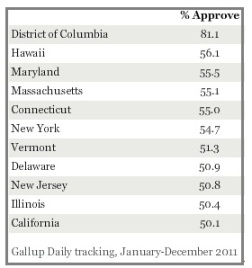

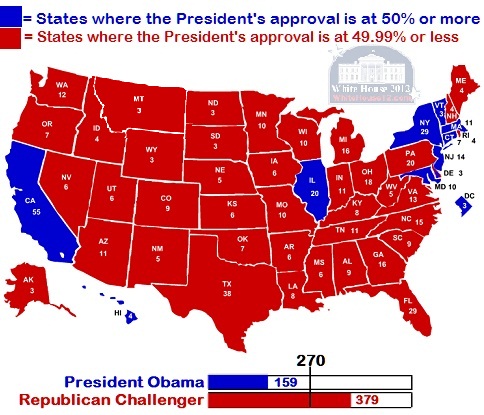
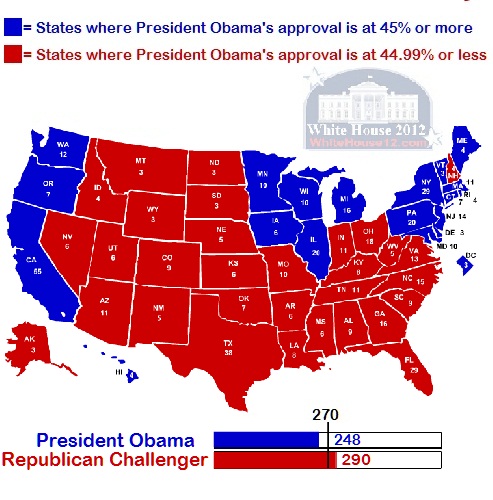

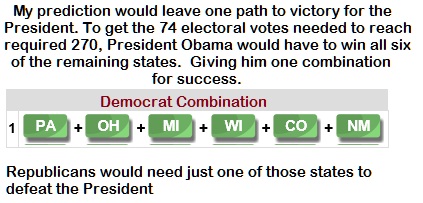
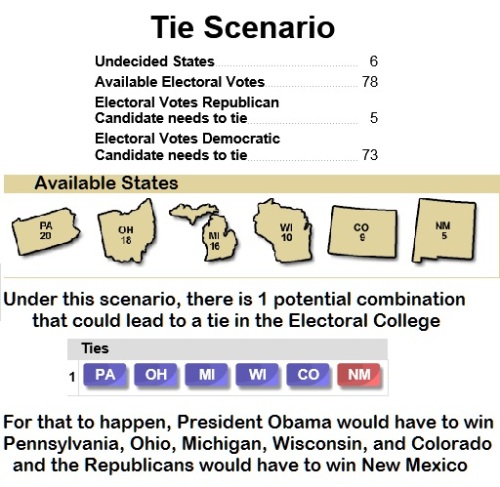




























 Campaigns & Election
Campaigns & Election




You must be logged in to post a comment.